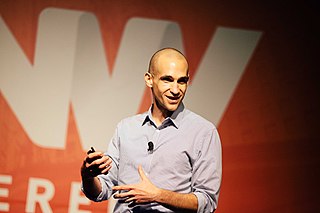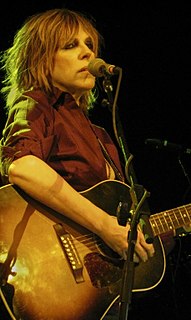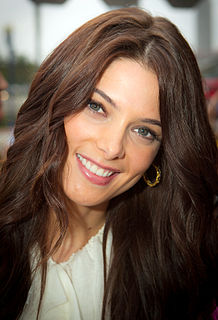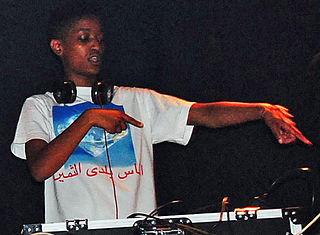A Quote by Adrian Tomine
When people see me struggling on paper, I think it invites an almost collaborative relationship with the outside world, and that includes readers and other artists.
Related Quotes
I love knowing and learning about people around the world displaying my art online. Also, it's how I learn about new artists that are in various parts of the world. The positive thing about Tumblr and Instagram is that they're a fantastic platform for art lovers. I also like, when I search for my art and it says, "see also or related artists," and I see those other artists that relate to me, at least according to the internet. I think it's fascinating - it's interesting to see hashtags people are using in relation to my work. It's another tool of communication.
If I stand there, appreciating the world around me as full of amazing sounds and the possibility of new ones, I think that invites other people to see the world that way, too. I love sharing the experience of singing with people, and I love sharing my stories. But when it comes to teaching, I have a lot of help.
What other people think of me is not my business. What I do is what I do. How people see me doesn't change what I decide to do. I don't choose projects so people don't see me as one thing or another. I choose projects that excite me. I think the problem is that people refuse to understand what drag is outside of their own belief system.
It's kind of a collaborative relationship. Westworld requires the investment of the people watching, and that's what I love about it. It changed my life. When I read the script, I was like, 'This is going to change the way I think about my own life. The way I see myself, the people around me, and the way I choose to exist.' That's what great material does. It transcends just being pop cultural entertainment, and actually involves the mind. It's really fun, and when I see the reactions and theories it makes me really excited. That's why I act.
I think artists are really the root of a tree. They can search for truth or reality in their own way, and the gallery can support them - the outside part of the tree, where it is more about reaching the outside world, connecting with the outside world. That is the role of the gallery, no? Why does the artist have to do that?
Typically, people allow differences and mistakes to lower their respect and value for other people. But you know the pillar of honor is strong in a relationship when you can look at the other person and say, “You are really different from me. It makes me sad when I see you making that choice. But I love you. I value you, I believe in you, and I am here for you in this relationship.



































